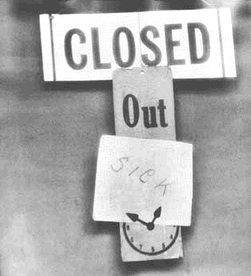I had a lovely time tonight, presenting to a group of families who have children with Down syndrome. I was happy that the children seemed interested in participating in the experiences I shared, and also excited to answer general and specific questions about music therapy and how, for example, I might address a child with a short attention span.
We spent about 45 minutes together. I used half an hour with the children and some of the parents in a mini session. We began with a Hello Song, we used some egg shakers, we played some drums, and most popularly, we worked with some Boomwhackers. We closed our mini session with a Goodbye Song, and then the adults moved over to a table where I provided explanations for the experiences I led.
I was happy to work with those children, and to spread the music therapy word a little further. None of the parents there, save my client’s parents, knew about music therapy. I hope I gave them some useful information.




